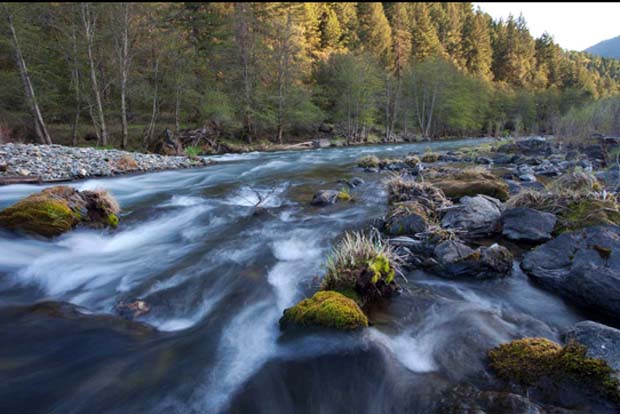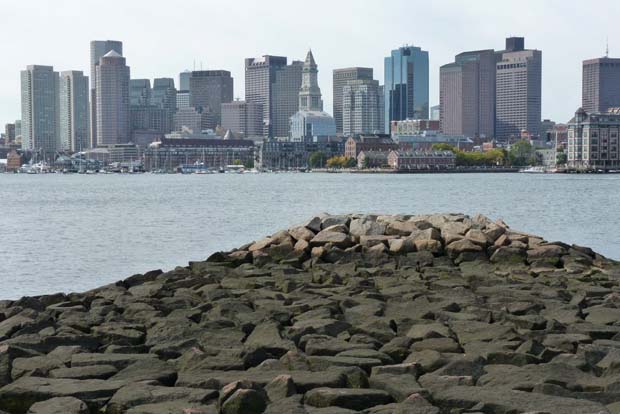The Land and Water Conservation Fund, which recently turned 50, is supposed to be the primary source of money for land acquisition by the agencies we entrust to protect and expand our open space: the National Park Service, the Bureau of Land Management, the Fish and Wildlife Service, and the Forest Service.
Instead, Congress has relentlessly siphoned off money for other projects and other parts of the federal budget
[dropcap]W[/dropcap]inding trails, and rambles in the fresh air should be, by definition, nonpartisan. At a time when families are being urged to get outdoors to combat obesity and take a break from pixels, public parks and outdoor recreation seem more and more like inalienable human rights.As the Land and Water Conservation Fund bill turns 50, however, that promise looks as broken as the pavement on a crumbling trail in Franklin Park (Massachusetts).
The fund is supposed to be the primary source of money for land acquisition by the agencies we entrust to protect and expand our open space: the National Park Service, the Bureau of Land Management, the Fish and Wildlife Service, and the Forest Service. Instead, Congress has relentlessly siphoned off money for other projects and other parts of the federal budget. This federal history of stinginess has deep roots: from 1965 to 2012, according to the Congressional Research Service, Congress has only appropriated $16.2 billion out of a potential $34.4 billion for the fund.
How unsurprising, then, that the struggle — and the partisan gridlock — continue in the current Congress. President Obama wants the full $900 million that has been authorized, but the Republican-dominated House wants to provide only $152 million. That doesn’t begin to fulfill the original mission of the bill, which President Johnson intended “to strengthen the health and vitality of the citizens of the United States.”
Five decades of wrangling in Washington have stunted cleanup efforts and left public parks and wetlands untended all over Massachusetts. In Boston, funds from the Land and Water Conservation Fund have provided critical support needed to build and maintain urban respites like the Franklin Park Zoo, Revere Beach, and East Boston’s LoPresti Park.
But the funding cannot keep pace with the need to rebuild trails, cut back invasive plants, and open up access to all comers. Once the shiniest jewel in Frederick Law Olmsted’s Emerald Necklace, Franklin Park could still be a national showcase. A recent Globe report, however, found that much of its pavement is in rough shape.
Olmsted’s plan for a “country park” nestled into a burgeoning city included space for invigorating sports and recreation as well as head-clearing leisurely strolls. Congressional leaders in Washington, a city laced with public parks, should not spoil it for the rest of us by undercutting this critical funding.



